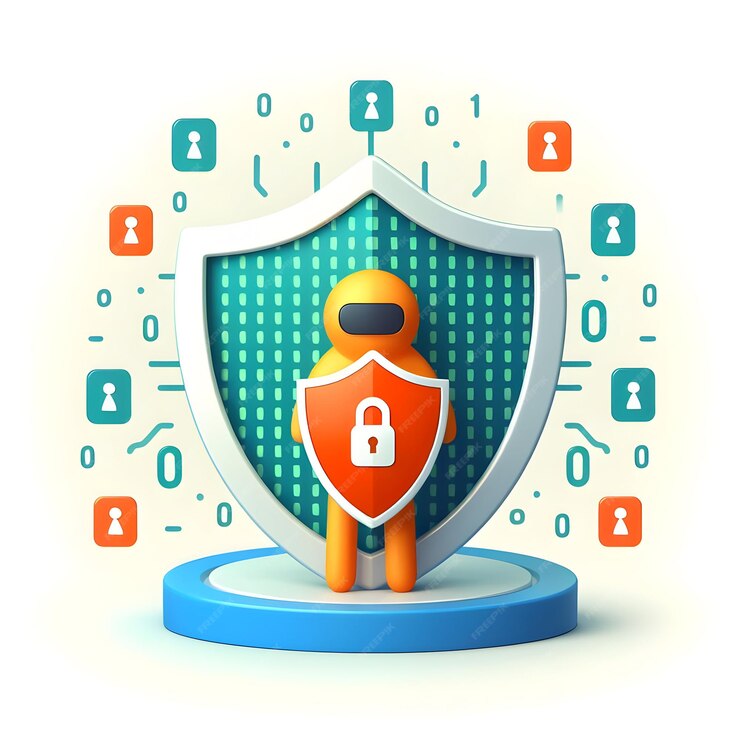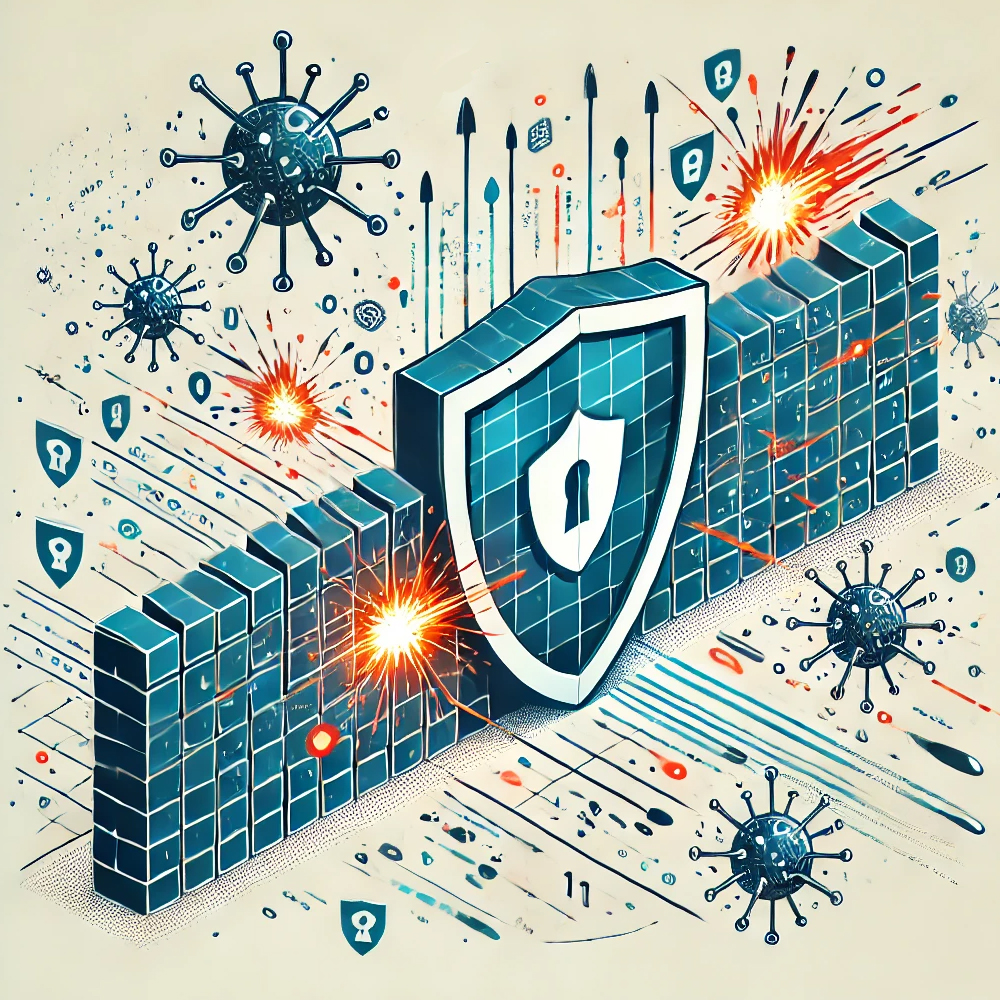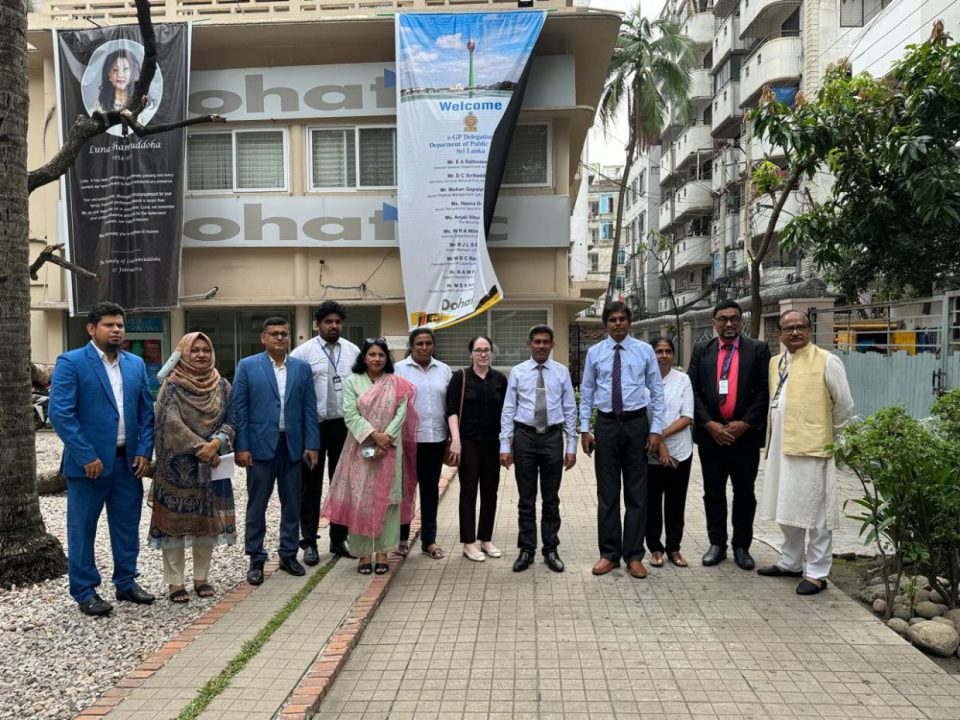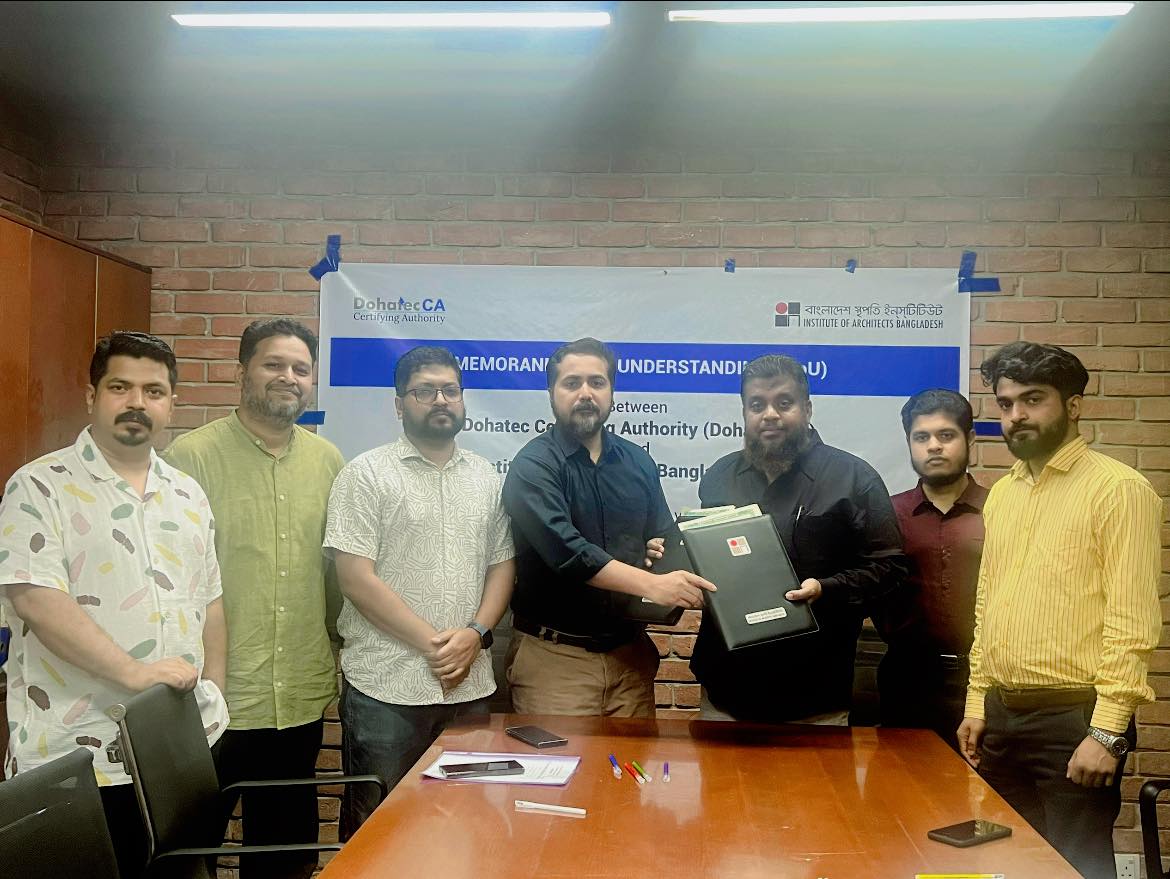As 5G technology continues to evolve, it presents a double-edged sword for governments. While its potential to revolutionize public services is immense, it also introduces new challenges related to security, infrastructure, and environmental impact. Striking the right balance between innovation and responsibility will be crucial in harnessing the full potential of 5G.
Trust No One: The Zero Trust Imperative
The digital landscape is volatile, marked by escalating cyber threats. As organizations become increasingly reliant on technology for operations, the potential consequences of cyberattacks have grown exponentially. Traditional security models […]
AI & ML Power Up Security: Analyzing, Anticipating & Adapting to Threats
The digital landscape is teeming with cyber threats, demanding robust defenses. Traditional methods struggle with the vast amount of data security analysts need to sift through. AI and Machine Learning (ML) are emerging as powerful tools, empowering security teams. AI excels at analyzing large datasets, identifying hidden threats, and automating tasks. Unlike overwhelmed human analysts, AI can uncover subtle anomalies that might signal a security breach. ML algorithms continuously learn and adapt, enabling AI to stay ahead of evolving cyber threats. This proactive approach extends beyond threat detection. AI can predict potential attacks and vulnerabilities, allowing organizations to take preventive measures. However, AI isn’t a silver bullet. Cybercriminals constantly develop new tactics, and AI requires ongoing updates to maintain effectiveness. Additionally, ethical considerations regarding data privacy and bias in training data must be addressed. Overall, AI and ML are revolutionizing cybersecurity, offering a powerful line of defense in the ongoing battle against cybercrime.
Overcoming Adversity: Dohatec’s Challenging Training Day
Last Friday presented a considerable test for Dohatec’s training team and participants as they embarked on the 5-day Procuring Entity (PE) training. The training, commencing on Friday, July 12th, and […]
Small Steps, Big Goals: ECPS Reaches 10,000 Submissions Milestone
The launch of the Electronic Construction Permitting System (ECPS) in July 2023 marked a significant digital transformation in Bangladesh’s construction sector. This innovative platform, which replaced the traditional paper-based permitting […]
e-GP Expertise on Display: Dohatec Hosts Sri Lankan Delegation
Dohatec New Media has recently hosted a high-level delegation from Sri Lanka at the headquarters in Paltan. The delegation, comprising representatives from various sectors of the Sri Lankan government and […]
IAB and Dohatec CA Sign MoU
On Saturday, May 18, 2024, the Institute of Architects Bangladesh (IAB) and Dohatec CA signed a Memorandum of Understanding (MoU). This agreement will enable Dohatec CA to provide the necessary […]
Dohatec New Media Engineers Shine in Academia
Dohatec New Media celebrates the exceptional performance of its senior engineers, Imtiaz Zaman Nishith and Md. Masudur Rahaman, who secured first and second place in the Master’s Program exam for […]
Renewable Rethink: Cleantech’s Drive Towards a Sustainable Future
Amidst the growing environmental crisis, cleantech emerges as a cornerstone of sustainability, offering innovative solutions across multiple sectors. By harnessing the power of renewable energies like solar, wind, and geothermal, alongside advancements in carbon capture and sustainable transportation, cleantech is paving the way for a greener future. These technologies not only mitigate the impacts of climate change but also promote ecological balance by integrating eco-friendly practices in daily operations and energy production. The continuous improvement in photovoltaic efficiency, cost-effective wind energy solutions, and reliable geothermal systems exemplifies the dynamic progress in the field. As the world commits to sustainable growth, cleantech stands at the forefront, embodying the synergy between technological innovation and environmental stewardship.
Global Tech Strategy: Antony Blinken’s Insight at RSA 2024
Representatives from Dohatec New Media attended the RSA Conference 2024 in San Francisco, USA where they attended a speech by The US Secretary of State, Antony Blinken. The speech highlighted […]






